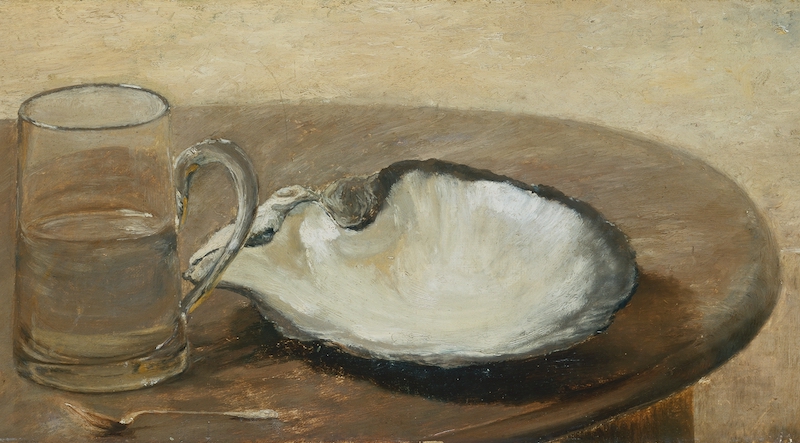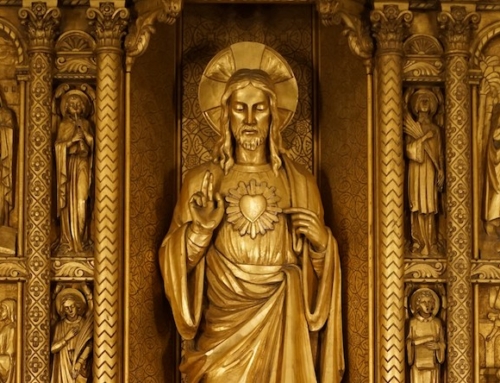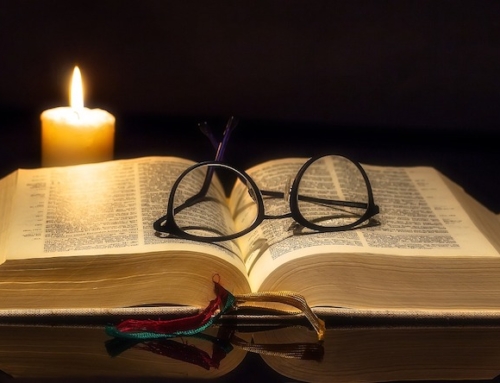“Water’s fine.”
How many times have we said that to the restaurant waiter? Perhaps we were indecisive about which soda we wanted to order, or unsure if this was one of those lunches where we were all getting a beer, so we panicked and ordered water so as not to be that guy.
In our modern world we have become accustomed to a great deal of variety in what we consume. There is always one more flavor of sparkling water to try, a different kind of micro-brew to test out. Change has become the only constant. Recent internet trends have shown ways that companies are marketing to the modern man’s boredom with plain water—from motivational progress markers to encourage the consumption of a certain amount each day, to scented caps to trick your mind into thinking you are drinking flavored water instead. Has modern man tired of the basic and common necessity for life? What’s wrong with plain water?
Saint Thomas Aquinas considers the role of plain water when considering the most powerful thing that water does: gives us eternal life through the sacrament of Baptism. On its own, water has the potential to foster life, but when Christ instituted baptism as the sacrament by which man is born into eternal life, he raised the power of water to a higher and sacramental level. For such an exalted task, perhaps it seems like we have found a reasonable occasion for some kind of special water. Not so, says Aquinas. Only plain water is necessary (ST III q. 66, a. 4).
What is really being communicated to us is that Christ comes to us in the most simple and accessible of ways. He was born in the back alley of the manger to the most humble of parents. He took up the modest trade of carpentry and called common men to be his disciples. So, too, he leaves us his very presence in the most accessible forms of bread and wine. He speaks to us in the accessible words of Sacred Scripture. And in the plain waters of baptism we are born into eternal life.
But, the question must be asked, has our general disinterestedness in the average caused us to trivialize these greatest mysteries of the faith? Have we lost sight of the greatness that can come from so little?
The point is not for us to always try to reduce the mysteries of Christ to something so irreducibly simple and mundane. But, rather, for us to see how the humility and power of Christ embraces the average and makes it work miracles.
This was the case for the Galilean fishermen who would go on to evangelize and change the world. So, too, for the saving waters of baptism, and the bread and wine at Mass. And it is exactly what Christ can do with us. We need not keep Christ at arm’s length, until we have become an above average version of ourselves, before we let Christ take us up into his saving plan. Like the simple water and bread, our task is to be open to what the Lord hopes to accomplish through us. It is okay to be content with the simple, for we know that Christ takes the simple and accomplishes the extraordinary.
So, next time we opt for “just water,” we can rejoice in the fact that simple and basic things are not to be looked down upon but to be rejoiced in for the gift that they are, and embraced with hope for the future that lies in store, with Christ’s help.
✠
Image: Louis Eysen, Still Life with Shell, Water Glass and Spoon (detail)







